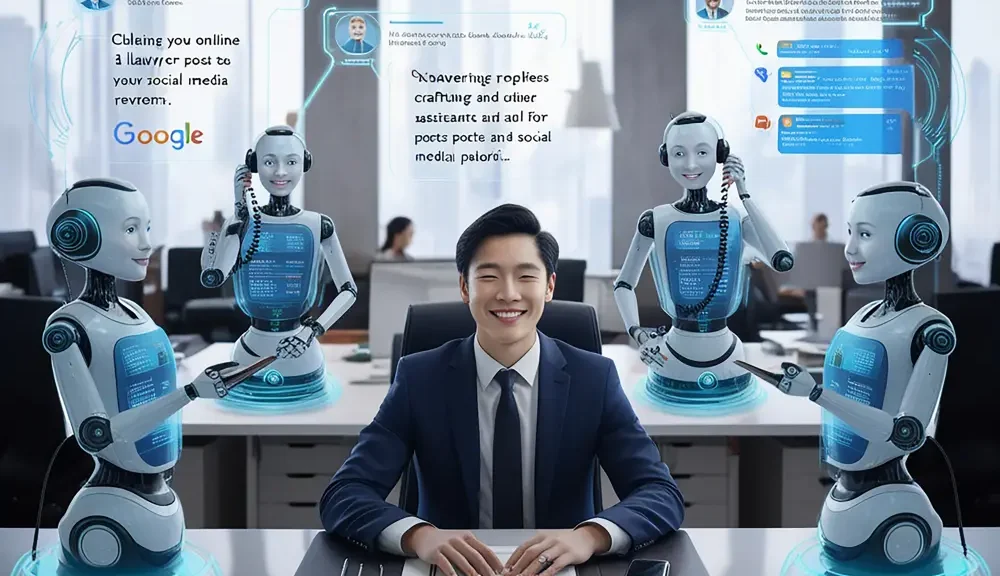As businesses grow, the complexity of managing human resources increases. Traditional HR processes are often manual, time-consuming, and prone to errors, making it difficult for HR teams to focus on strategic tasks. Automated Human Resources Management Systems (HRMS) offer a solution that streamlines operations, reduces administrative burden, and positions businesses for growth. Here’s why an automated HRMS is becoming essential for every modern business.
1. Streamlined Payroll and Benefits Administration
One of the biggest challenges for HR teams is managing payroll and employee benefits efficiently. With an automated HRMS, businesses can process payroll quickly and accurately. The system calculates wages, deductions, taxes, and benefits automatically, ensuring that employees are paid on time without errors.
In addition, HRMS automates the management of employee benefits, including health insurance, leave policies, and bonuses. This not only reduces manual work but also ensures that all employees are enrolled in the right plans and that benefits are managed seamlessly.
2. Efficient Attendance and Leave Tracking
Tracking employee attendance and managing leave requests manually can lead to confusion, mismanagement, and payroll inaccuracies. HRMS systems automate these processes, providing employees with an easy-to-use platform to submit leave requests, check available leave balances, and track attendance.
For HR managers, the system offers real-time visibility into attendance trends, absenteeism, and overtime, allowing for more efficient workforce planning and accurate payroll processing.
3. Improved Recruitment and Onboarding
Hiring new talent is a time-consuming process, but an automated HRMS simplifies it by streamlining the recruitment and onboarding process. From posting job openings to tracking applicants and scheduling interviews, the system centralizes all recruitment activities, making it easier to manage candidates.
Once a new hire is selected, the HRMS handles onboarding by providing them with access to essential company information, policies, and necessary training materials. This ensures a smooth transition and reduces the workload for HR teams.
4. Enhanced Employee Performance Management
A key aspect of HR management is tracking and improving employee performance. An automated HRMS allows managers to set performance goals, monitor employee progress, and conduct performance reviews easily. By keeping track of each employee’s performance history, the system enables managers to identify top performers and address underperformance early.
Automating the performance management process helps businesses create clear, structured, and fair performance reviews, boosting employee engagement and overall productivity.
5. Ensuring Compliance and Secure Document Management
HR compliance can be overwhelming, especially with constantly changing labor laws and regulations. HRMS systems ensure that businesses remain compliant by keeping track of important documentation, contracts, and policies. Automated alerts can remind HR managers when key compliance deadlines are approaching, such as contract renewals or employee certifications.
Additionally, secure document management features allow businesses to store sensitive employee information in a centralized, protected environment, reducing the risk of lost or misplaced documents.
6. Data-Driven Decision Making
In today’s business world, data plays a crucial role in making informed HR decisions. An automated HRMS provides custom reports and analytics on various HR metrics, such as employee turnover, attendance rates, performance trends, and payroll costs. With this data, HR teams can make smarter decisions about hiring, promotions, and workforce planning.
Data-driven insights help businesses identify patterns, address issues proactively, and implement strategies that lead to improved efficiency and employee satisfaction.
Conclusion: The Future of HR is Automated
The future of HR is not just about managing payroll and keeping track of employee data—it’s about using technology to enhance every aspect of workforce management. An automated HRMS allows businesses to streamline operations, improve employee engagement, ensure compliance, and make data-driven decisions that lead to long-term success. As businesses continue to evolve, adopting an automated HRMS is no longer a luxury—it’s a necessity for staying competitive in the modern workforce.

